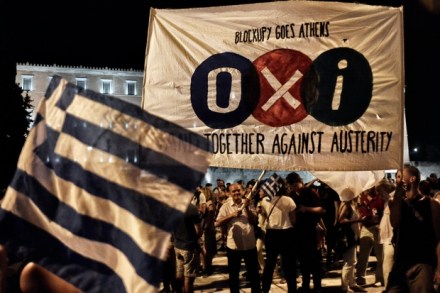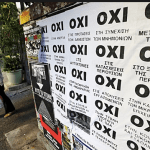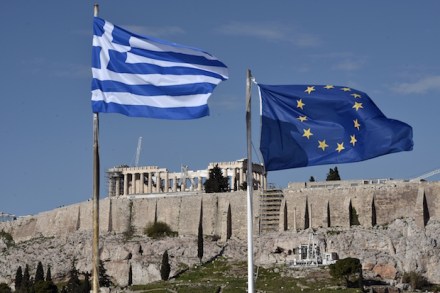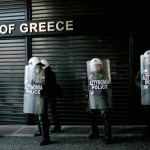German rhetoric suggests that they are preparing to try and kick Greece out of the Euro
Greece has voted No, and resoundingly so. But the reaction from Berlin tonight does not suggest that Germany is prepared to have any further negotiations with the Syriza government. The vice chancellor, and head of the SPD, Sigmar Gabriel has declared that “With the rejection of the eurozone’s rules of the game, which has been expressed in this majority ‘no’ vote, negotiations on further multibillion euro programs are scarcely conceivable.” Given that the SDP is more doveish than the CDU and the CSU on the Greek question, this sounds like Germany has given up on trying to strike a deal and now wants Greece to leave the Euro. Indeed, one



















